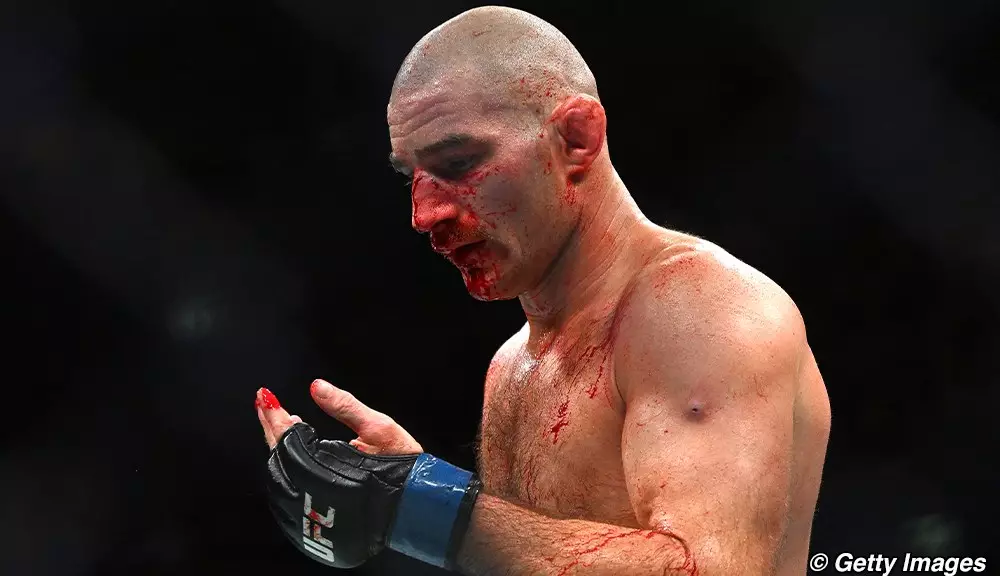In a sport as high-stakes as Mixed Martial Arts (MMA), the toll of defeat can weigh heavily on an athlete’s psyche. Sean Strickland recently faced this reality following a unanimous decision loss to Dricus Du Plessis at UFC 312. Despite the emotional and physical aftermath of the fight, Strickland’s ability to reflect positively on his experience is commendable. Instead of spiraling into bitterness or self-pity, he chooses to confront the loss head-on, showing that resilience can emerge even from the most challenging experiences.
Strickland’s post-fight comments reveal a significant level of respect for his opponent. By praising Du Plessis and admitting to the damage incurred—specifically the multiple fractures to his nose—he demonstrates sportsmanship that is often lacking in competitive arenas. His statement, “Dricus, f*cking hat’s off,” reflects an admirable level of humility. Many athletes would instead focus on grievances and injustices, but Strickland appears more concerned with genuinely acknowledging Du Plessis’s prowess. This contrast highlights the different ways athletes internalize their experiences and how they manage their public personas.
The Silver Lining
Strickland’s mention of the “silver lining” of having a severely broken nose points to a mindset that seeks out positivity even in dire circumstances. His comment that the damage would make resetting easier shows a practical and even humorous approach to his predicament. This perspective is not just an attempt to mask pain but rather an acknowledgment of the fact that every setback can lead to a constructive outcome. Strickland’s adaptability is a key tenet of sports psychology and serves as a vital lesson for anyone facing adversity—finding light in dark situations.
Strickland also illustrates a broader life lesson in his reflections. By comparing his loss to the hardships many face in everyday life—like job loss or personal relationship struggles—he expands the conversation beyond sports. His ability to contextualize his experience within the larger framework of life challenges indicates an emotional maturity that many may overlook. He emphasizes that “losing sucks,” yet it is a universal part of the human experience that fosters growth and resilience.
Looking Forward
In closing, Strickland’s outlook after UFC 312 is a powerful reminder of the importance of resilience in both sports and life. His ability to find meaning in loss serves not only as a coping mechanism but also as inspiration for fans and fellow athletes alike. While the bruises and fractures may heal over time, the lessons learned and character built in moments of adversity will undoubtedly remain with him, ensuring that he is ready to face whatever challenges come next, both inside and outside the octagon.

